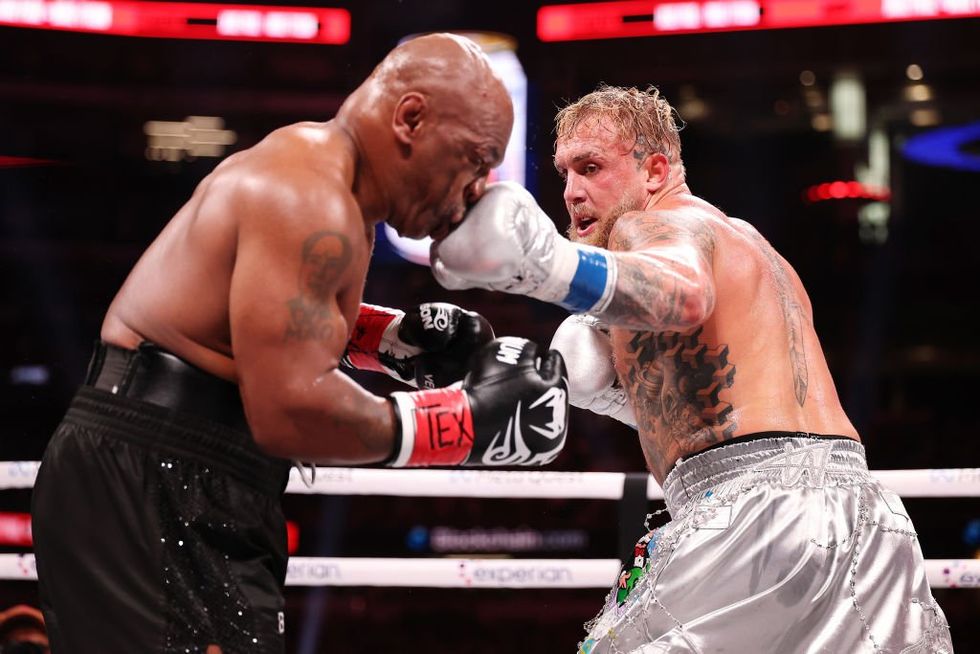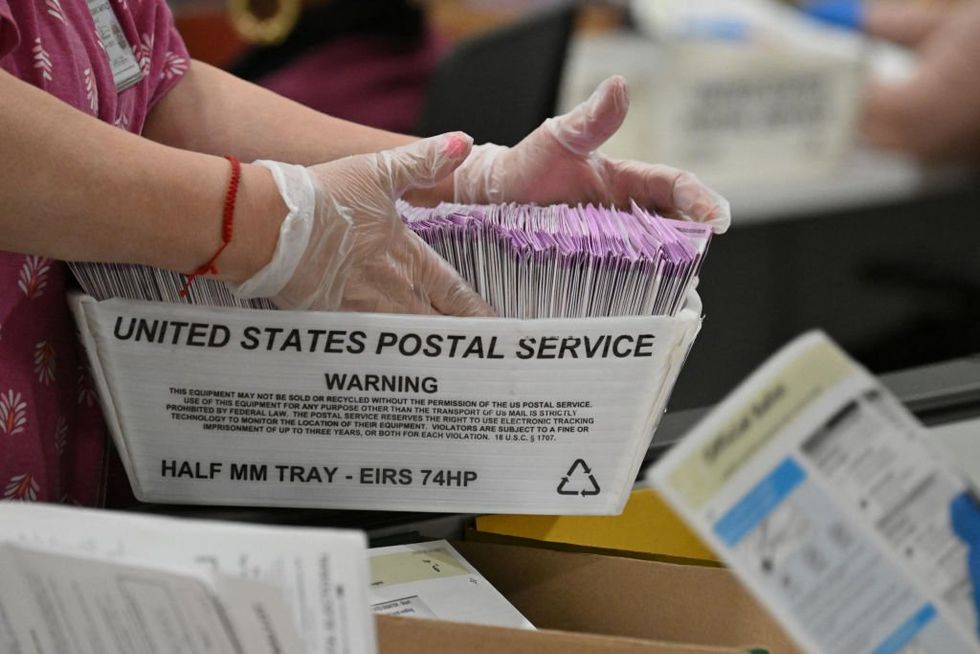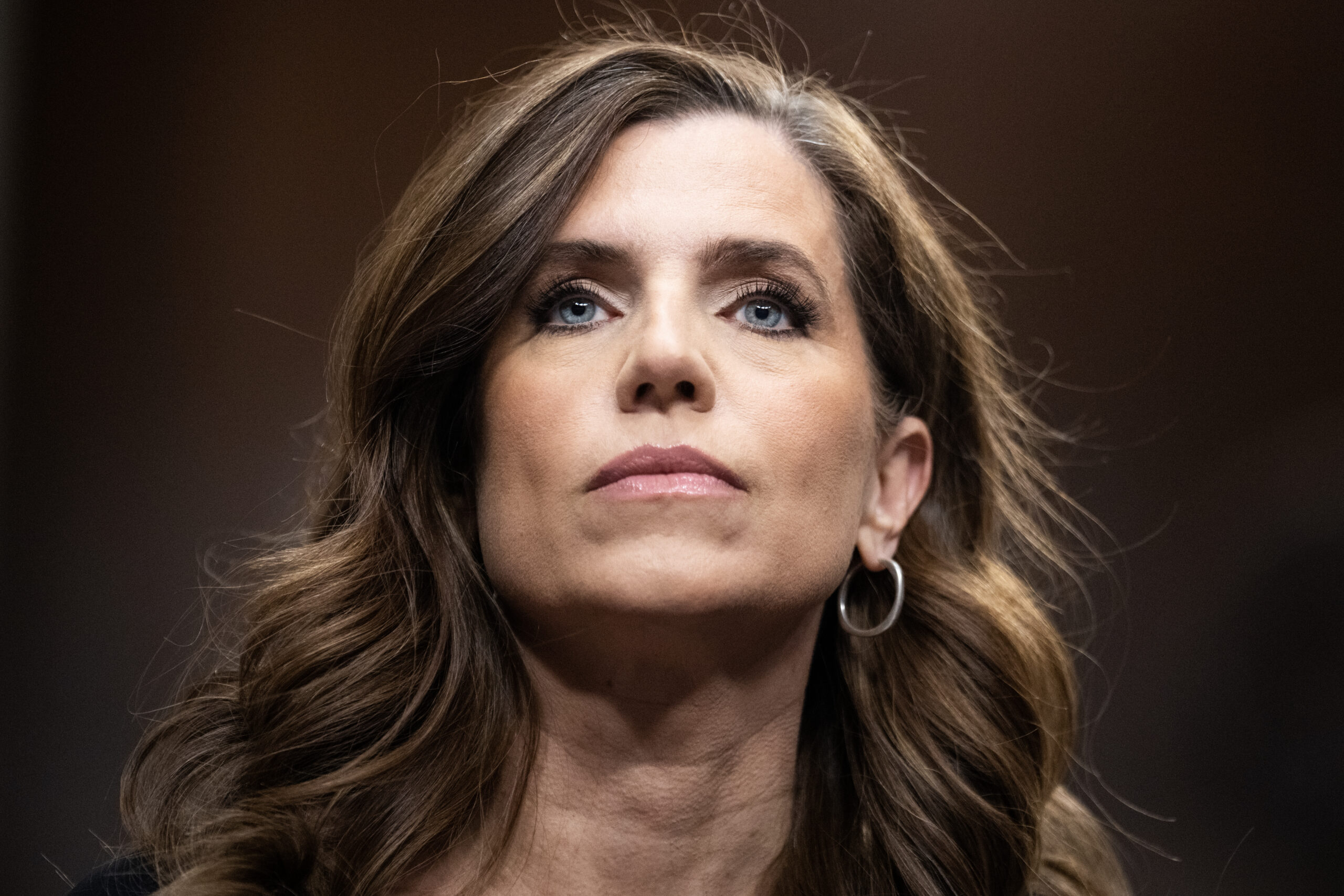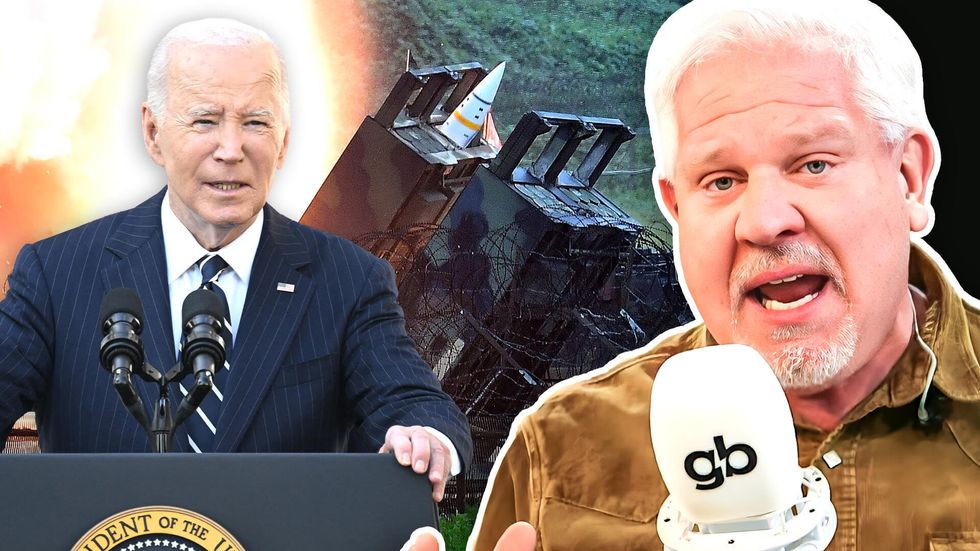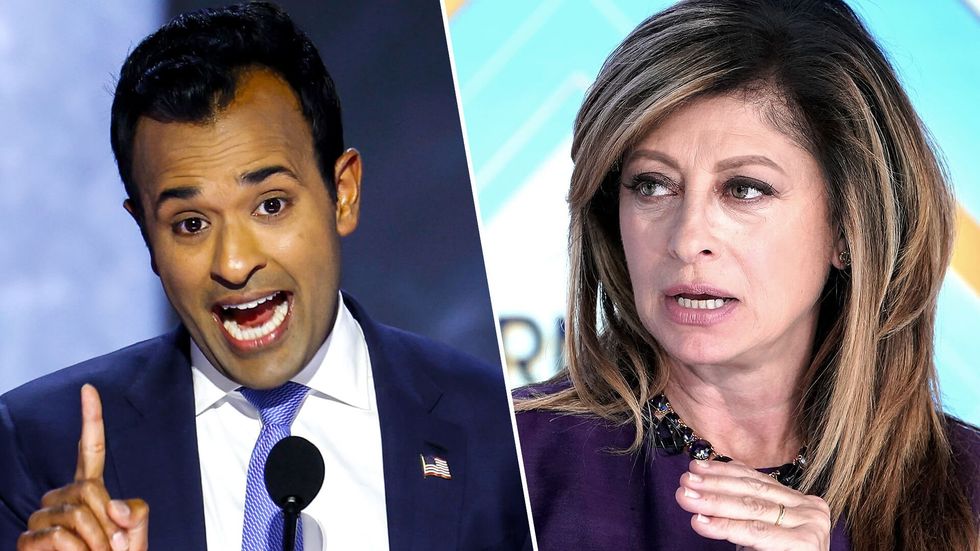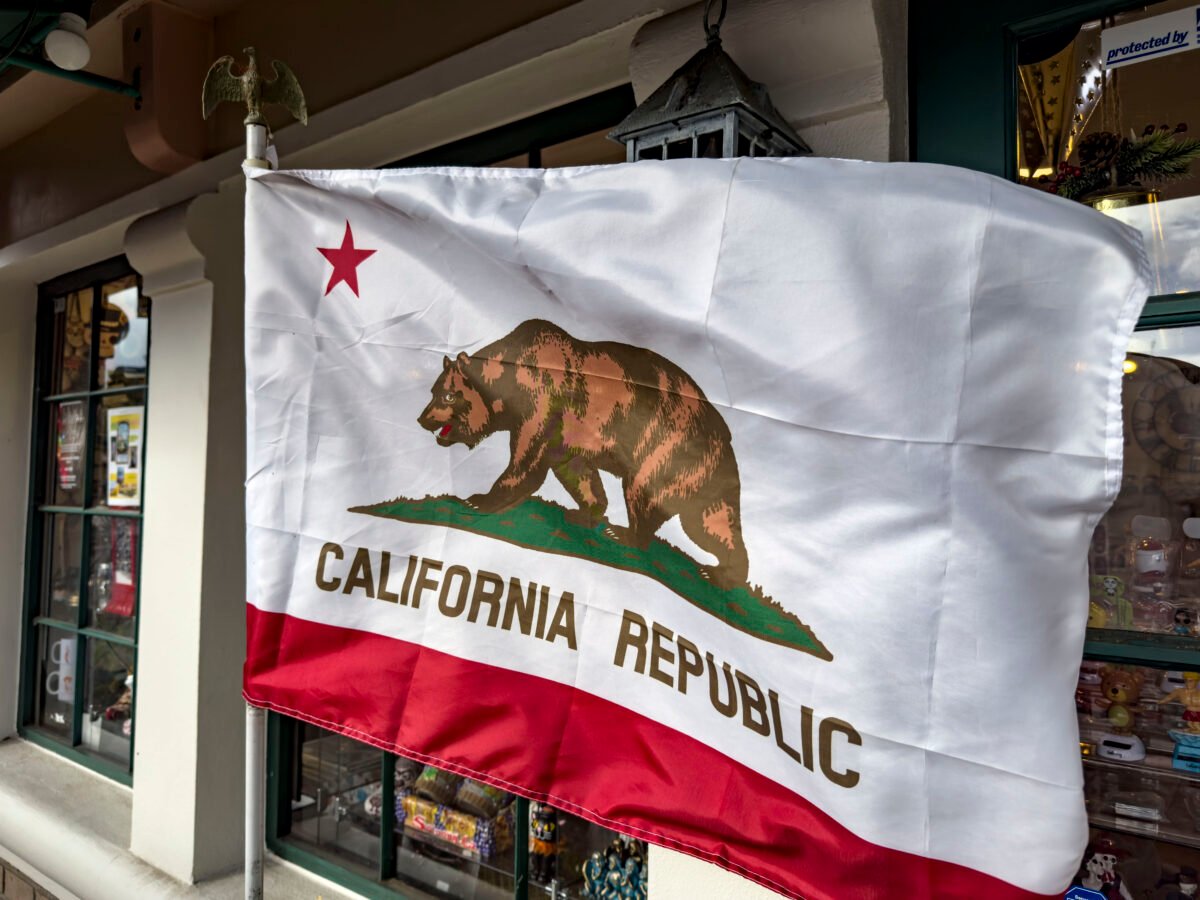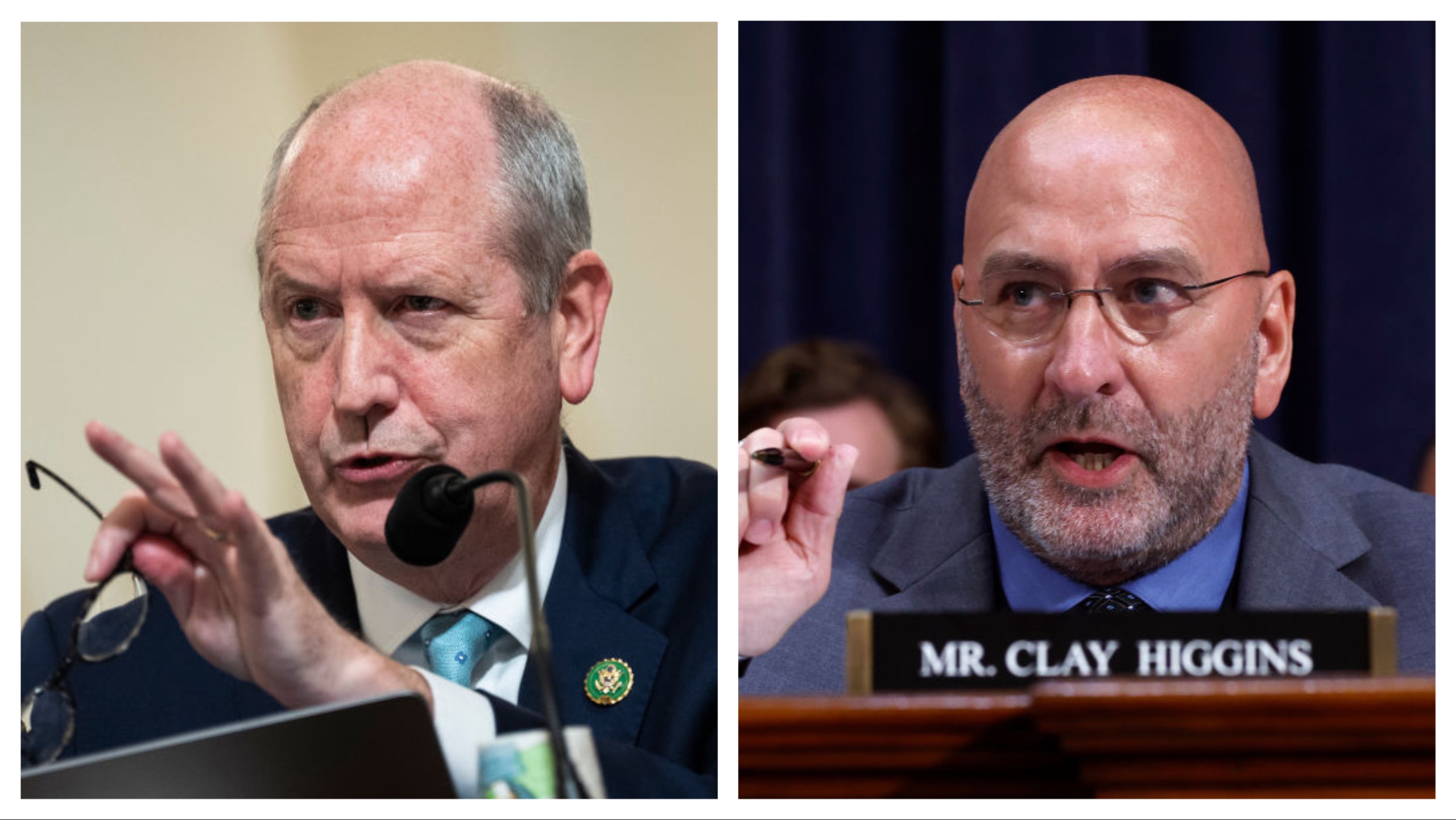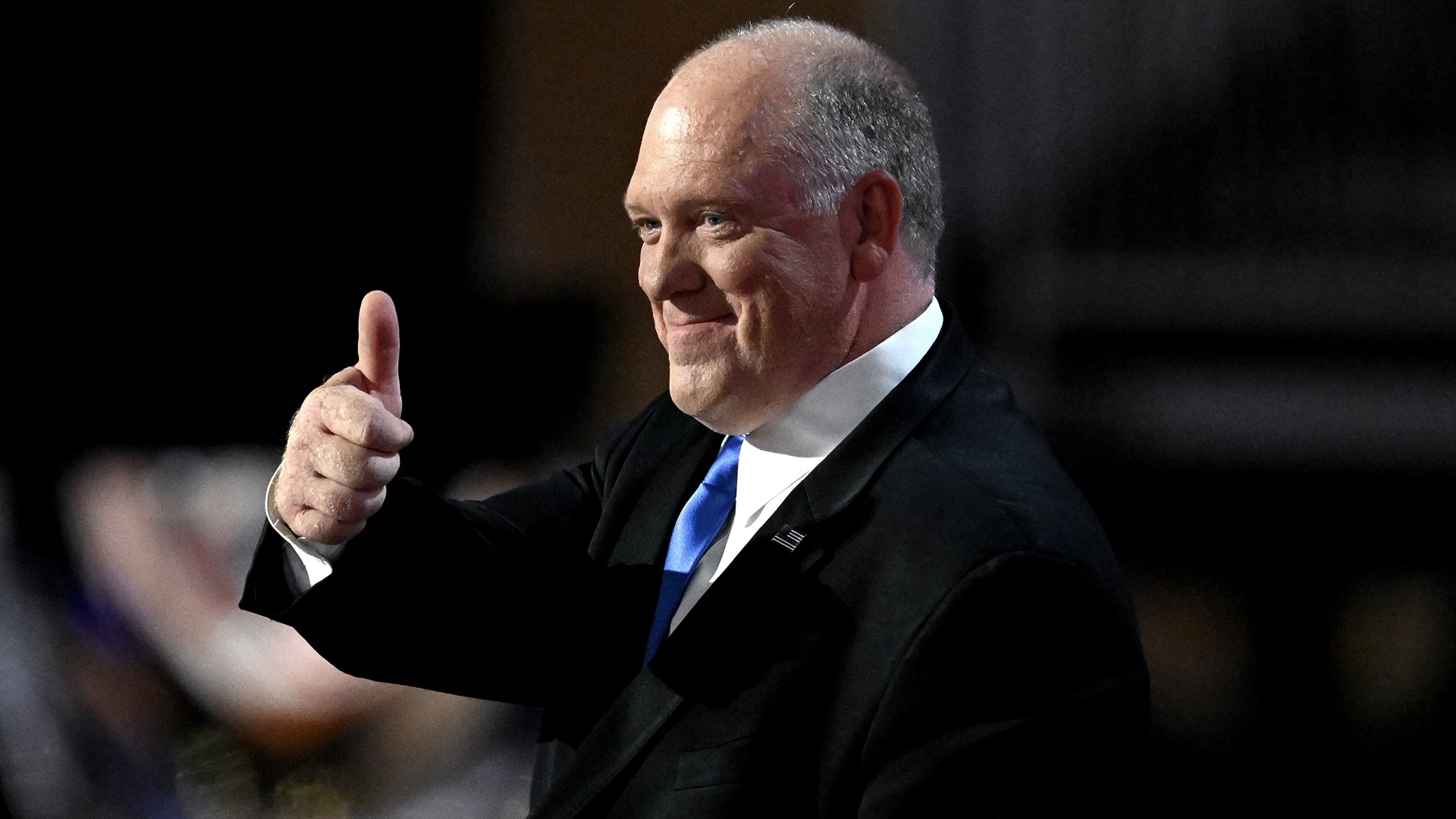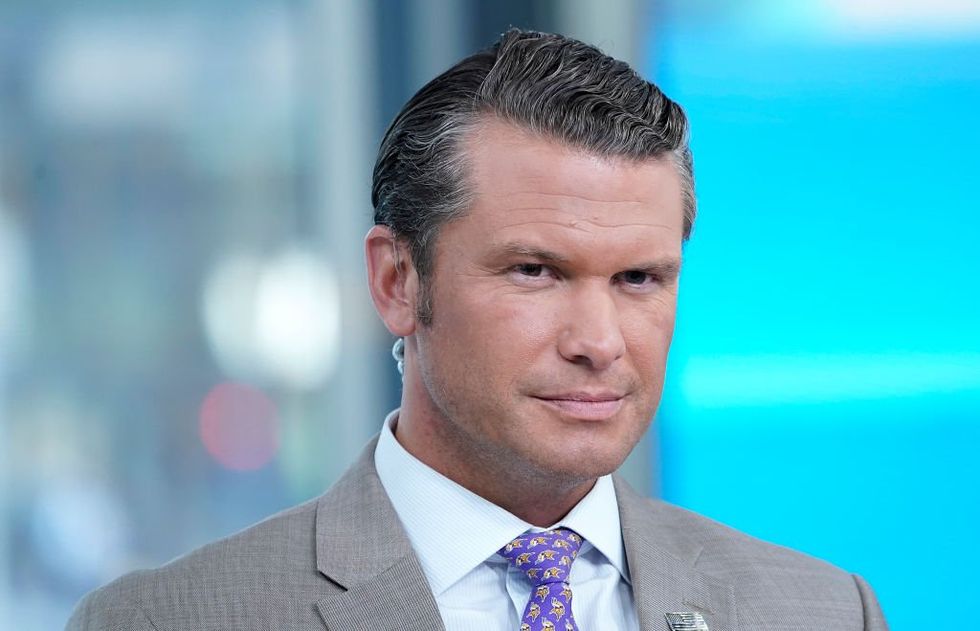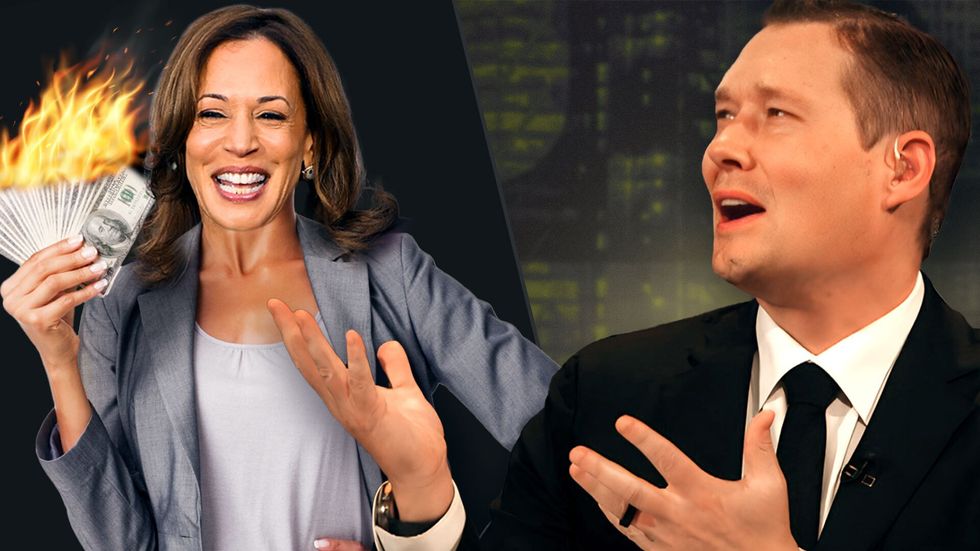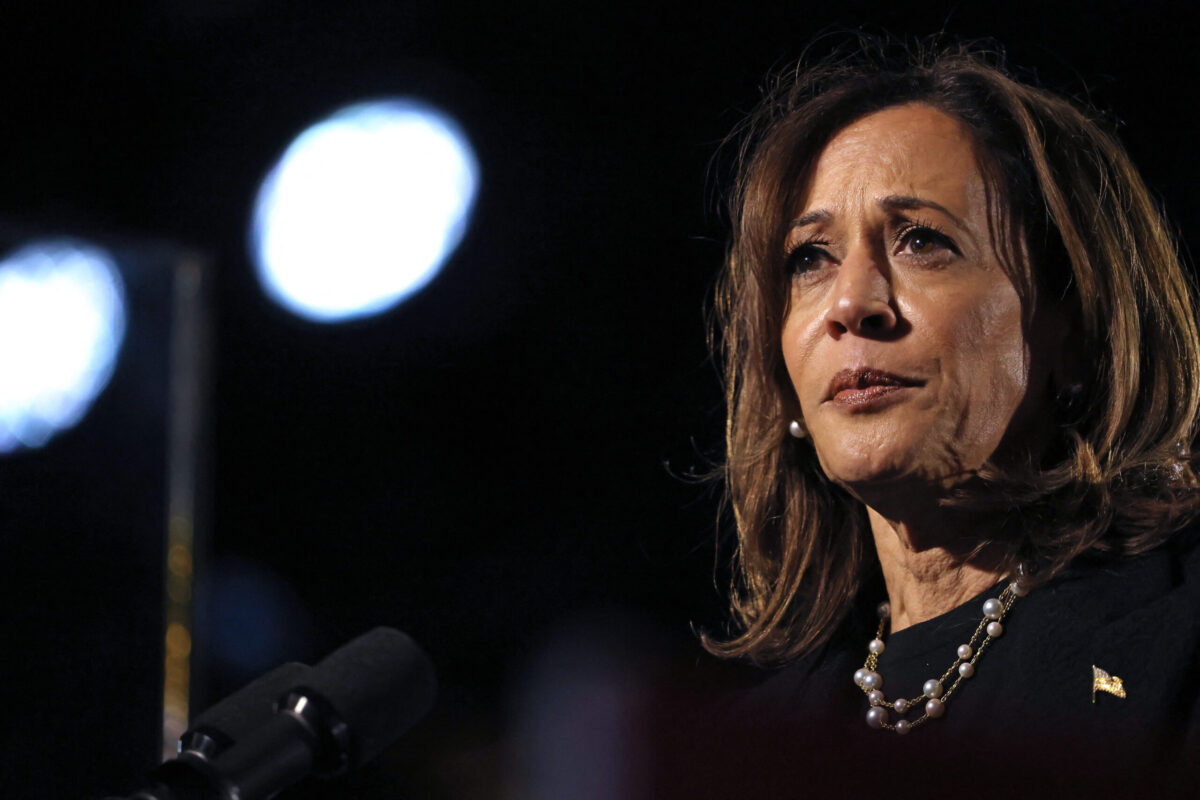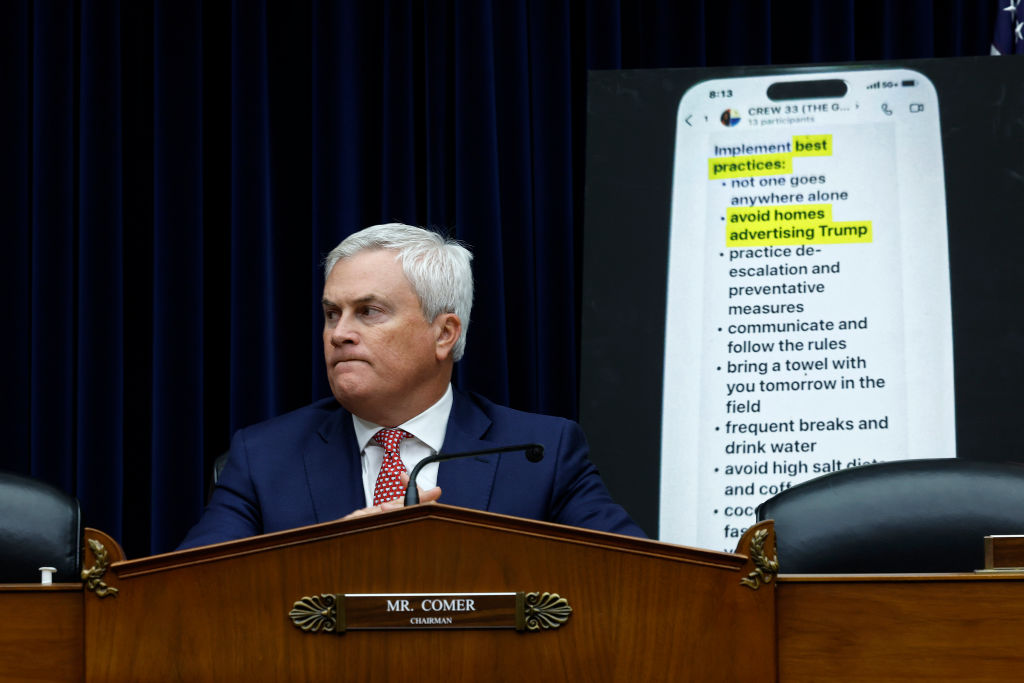'The Karate Kid' roots for the red-blooded American man
It’s easy to misremember "The Karate Kid." In the 40 years since its release, the movie has been memed into caricature, distilled into a series of catchphrases: wax on, wax off. You beginner luck. Sweep the leg! Daniel wants to win. And that’s maybe the smartest thing about the movie, the thing that sets it apart from all the treacly morality tales it gets confused with. And the plot almost fits into one of the most hackneyed blockbuster templates, so it can get filed away in the mind as a cut-and-dried product of its time: Bullied nerd with heart fights mean jocks and wins. Macho Macchio But that’s actually not quite how "The Karate Kid" goes. Daniel LaRusso, played by icon-in-training Ralph Macchio, is never portrayed as a weakling or a dweeb. From the start, as he drives across the country with his widowed mother (Randee Heller), he is a tough New Jersey transplant — scrappy, athletic, and charming. He draws the interest of Ali (“with an I!”), a glamorous California girl played with confident grace by Elisabeth Shue. Ali is the prize of the school, but Daniel doesn’t shrink from her or botch his first attempt at romancing her. The whole reason he gets into trouble with the kids from the Cobra Kai dojo is because their ringleader, Ali’s ex-boyfriend Johnny Lawrence (William Zabka), starts pushing her around. Ali is no wilting flower, but she obviously needs a champion, and Daniel is the only one brave enough to volunteer. At this point, one might expect him to receive an abject pummeling, but he puts up a decent fight. In other words, the confrontation is set up not as a face-off between two ideals of manhood — the good and retiring sweetheart versus the evil alpha male — but between the noble and the corrupted versions of one kind of man: the red-blooded American kind. Brute realities Daniel scores higher than Johnny on the good-guy scale, but he has to confront the hard truth that Johnny simply has more physical power: He is bigger, stronger, better trained. The movie is about those brute realities of being a man and how Daniel’s going to deal with them. At first, he cowers. It’s only after a couple of beatings that Daniel starts to sulk and cringe through the halls of the school, desperate to evade the facts of his situation. If there’s a kind of wimp that Daniel might become, it’s not the sensitive bookworm but the resentful loner, darkly brooding over the unfairness of life and plotting twisted forms of revenge. Not Bastian Bux from "The Neverending Story" but Dostoevsky’s seething underground man. Instead, of course, Daniel meets Nariyoshi Miyagi of Okinawa. Predictably, in the brain-dead race criticism of Current Year America, Mr. Miyagi has gone down as a perverse stereotype of “the perpetual foreigner who exists to serve the whiteness that surrounds him.” Embodying dignity Nonsense. Miyagi is a richly layered tragic hero, and the movie’s finest achievement is how patiently, even reverently it approaches the heart of his story. The central scene of "The Karate Kid" isn’t the final tournament but a late-night drinking binge in which Mr. Miyagi reveals that his wife and baby boy died in one of FDR’s Japanese internment compounds while he was fighting dutifully for America. Once again the movie executes a poignant bait and switch: You think you’re watching the story of a fatherless son, but it’s equally about a sonless father. And in fact it is about race and class, too, though not in the plodding and sanctimonious way that might satisfy the film studies crowd. If Pat Morita’s broken English has a touch of Kabuki melodrama to it, the effect is nevertheless an utterly recognizable portrayal of a person every American has met and loved — the first-generation immigrant who brings his ancient customs like a gift to his adopted country. Sometimes those people do have a hard road to acceptance, one that lies for Miyagi not just through the atrocities of war but past the occasional drunken idiot who jeers and squints at him. He’s even the butt of a running microagression: It’s Miya-GI, not Miya-JEE, and no one can seem to get it right. Miyagi puts his adversaries to shame not by insisting petulantly on his own dignity but by simply embodying it, toweringly, regardless of circumstance. And that’s the shining secret he imparts to Daniel in all his lessons: When they pick on you, when they strut and bluster, when they fight dirty and go for the knees, you simply stand back up. And you breathe, and you refuse to be overthrown. Will to win If Daniel can do that much, his friends say, he’s already won. Ali reveals herself as the woman you never let go when she assures him that if he gets knocked out in the first round, “we’ll leave early.” Even Mr. Miyagi assures him that “win, lose, no matter.” That’s the right thing for them to say. But Daniel wants to win. And that’s maybe the smartest thing about the movie, the thing that sets it apart from all the treacly morality tales it
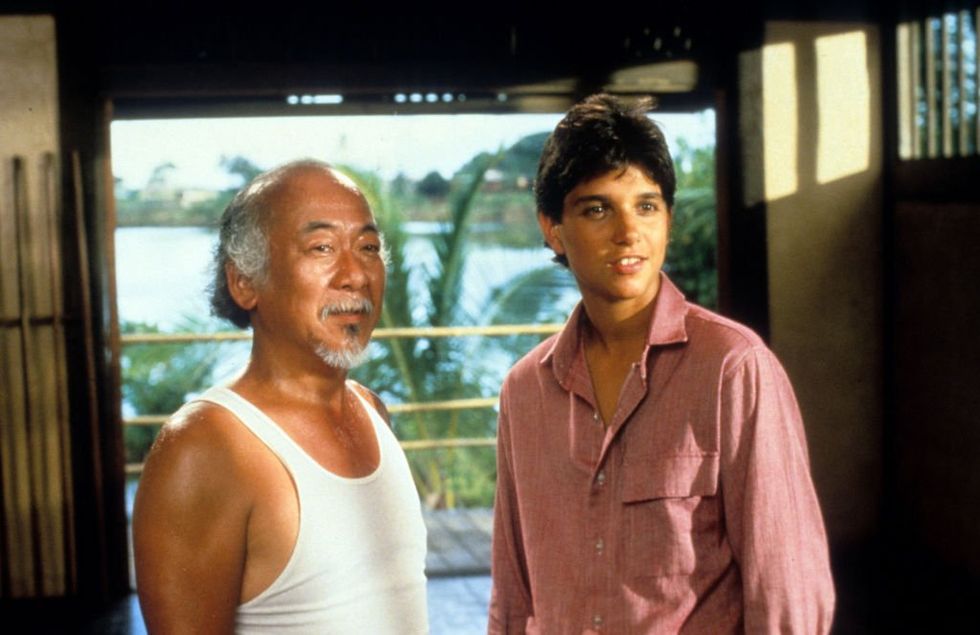

It’s easy to misremember "The Karate Kid."
In the 40 years since its release, the movie has been memed into caricature, distilled into a series of catchphrases: wax on, wax off. You beginner luck. Sweep the leg!
Daniel wants to win. And that’s maybe the smartest thing about the movie, the thing that sets it apart from all the treacly morality tales it gets confused with.
And the plot almost fits into one of the most hackneyed blockbuster templates, so it can get filed away in the mind as a cut-and-dried product of its time: Bullied nerd with heart fights mean jocks and wins.
Macho Macchio
But that’s actually not quite how "The Karate Kid" goes. Daniel LaRusso, played by icon-in-training Ralph Macchio, is never portrayed as a weakling or a dweeb. From the start, as he drives across the country with his widowed mother (Randee Heller), he is a tough New Jersey transplant — scrappy, athletic, and charming. He draws the interest of Ali (“with an I!”), a glamorous California girl played with confident grace by Elisabeth Shue.
Ali is the prize of the school, but Daniel doesn’t shrink from her or botch his first attempt at romancing her. The whole reason he gets into trouble with the kids from the Cobra Kai dojo is because their ringleader, Ali’s ex-boyfriend Johnny Lawrence (William Zabka), starts pushing her around.
Ali is no wilting flower, but she obviously needs a champion, and Daniel is the only one brave enough to volunteer. At this point, one might expect him to receive an abject pummeling, but he puts up a decent fight.
In other words, the confrontation is set up not as a face-off between two ideals of manhood — the good and retiring sweetheart versus the evil alpha male — but between the noble and the corrupted versions of one kind of man: the red-blooded American kind.
Brute realities
Daniel scores higher than Johnny on the good-guy scale, but he has to confront the hard truth that Johnny simply has more physical power: He is bigger, stronger, better trained. The movie is about those brute realities of being a man and how Daniel’s going to deal with them.
At first, he cowers. It’s only after a couple of beatings that Daniel starts to sulk and cringe through the halls of the school, desperate to evade the facts of his situation. If there’s a kind of wimp that Daniel might become, it’s not the sensitive bookworm but the resentful loner, darkly brooding over the unfairness of life and plotting twisted forms of revenge. Not Bastian Bux from "The Neverending Story" but Dostoevsky’s seething underground man.
Instead, of course, Daniel meets Nariyoshi Miyagi of Okinawa. Predictably, in the brain-dead race criticism of Current Year America, Mr. Miyagi has gone down as a perverse stereotype of “the perpetual foreigner who exists to serve the whiteness that surrounds him.”
Embodying dignity
Nonsense. Miyagi is a richly layered tragic hero, and the movie’s finest achievement is how patiently, even reverently it approaches the heart of his story.
The central scene of "The Karate Kid" isn’t the final tournament but a late-night drinking binge in which Mr. Miyagi reveals that his wife and baby boy died in one of FDR’s Japanese internment compounds while he was fighting dutifully for America.
Once again the movie executes a poignant bait and switch: You think you’re watching the story of a fatherless son, but it’s equally about a sonless father.
And in fact it is about race and class, too, though not in the plodding and sanctimonious way that might satisfy the film studies crowd. If Pat Morita’s broken English has a touch of Kabuki melodrama to it, the effect is nevertheless an utterly recognizable portrayal of a person every American has met and loved — the first-generation immigrant who brings his ancient customs like a gift to his adopted country.
Sometimes those people do have a hard road to acceptance, one that lies for Miyagi not just through the atrocities of war but past the occasional drunken idiot who jeers and squints at him. He’s even the butt of a running microagression: It’s Miya-GI, not Miya-JEE, and no one can seem to get it right.
Miyagi puts his adversaries to shame not by insisting petulantly on his own dignity but by simply embodying it, toweringly, regardless of circumstance. And that’s the shining secret he imparts to Daniel in all his lessons: When they pick on you, when they strut and bluster, when they fight dirty and go for the knees, you simply stand back up. And you breathe, and you refuse to be overthrown.
Will to win
If Daniel can do that much, his friends say, he’s already won. Ali reveals herself as the woman you never let go when she assures him that if he gets knocked out in the first round, “we’ll leave early.” Even Mr. Miyagi assures him that “win, lose, no matter.”
That’s the right thing for them to say. But Daniel wants to win. And that’s maybe the smartest thing about the movie, the thing that sets it apart from all the treacly morality tales it gets confused with. There’s truth to the idea that being a good person is its own victory. But what’s really been done to death is the notion that all we need is for the world to be nicer to nice guys.
Daniel knows that’s never going to happen, which means nice won’t cut it: He also has to be strong. Miyagi knows it too, but he has to let Daniel say it. And so the movie ends — not with Daniel holding the trophy, but one shot after that, with a wordless close-up on his teacher’s face. He has said everything that needs to be said.
This essay originally appeared in the Rejoice Evermore Substack.
Originally Published at Daily Wire, World Net Daily, or The Blaze
What's Your Reaction?
















